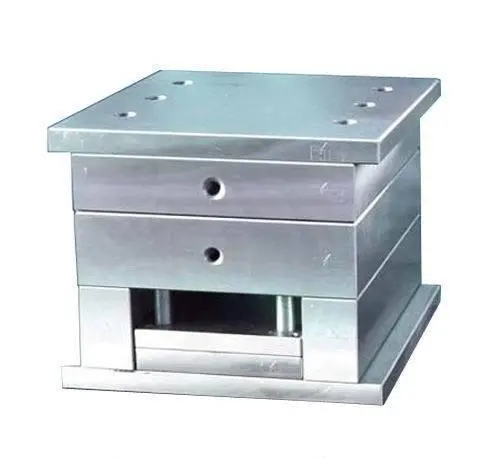Mould bases are critical components in the manufacturing industry, particularly in precision engineering and injection molding. In Singapore’s competitive manufacturing landscape, understanding and optimizing mould bases can lead to enhanced production efficiency, superior product quality, and significant cost savings. This guide delves into the importance of mould bases, their types, materials, and essential considerations for manufacturers in Singapore.
Understanding Mould Bases
A mould base serves as the foundation for a mould assembly and is essential for ensuring consistent and precise component production. It provides the necessary support and alignment for the moulding process, impacting not only the quality of the finished product but also the efficiency of manufacturing operations.
Importance of Mould Bases in Precision Manufacturing
- Alignment and Stability: Mould bases ensure proper alignment of the mould components, reducing errors and inconsistencies.
- Durability: High-quality mould bases contribute to the longevity of the mould and reduce maintenance costs.
- Cost Efficiency: Optimized mould bases can decrease production time and scrap rates, ultimately leading to lower operational costs.
- Quality Assurance: With robust mould bases, manufacturers can assure higher product quality, meeting stringent industry standards.
- Ease of Use: Well-designed mould bases simplify the setup and maintenance processes, enhancing overall productivity.
Types of Mould Bases
Different types of mould bases cater to various manufacturing needs. Here are some common types found in precision manufacturing:
| Type of Mould Base | Description |
|---|---|
| Standard Mould Bases | Pre-engineered bases designed for common mould configurations. |
| Customized Mould Bases | Tailored bases designed for specific applications or unique requirements. |
| Hot Runner Mould Bases | Equipped with a heating system to maintain material temperature and streamline the production process. |
| Cold Runner Mould Bases | Utilize a single-channel path for the injected material, suitable for certain types of projects. |
Materials Used in Mould Bases
The selection of material for mould bases is crucial to determine their performance and longevity. Common materials include:
- Steel: Known for its strength and durability, commonly used in high-volume production.
- Aluminum: Lightweight and easy to machine, suitable for lower volume runs and prototypes.
- Plastics: Used for less demanding applications and often in specialized fields like electronics.
- Composites: Combine lightweight properties with strength, ideal for advanced manufacturing applications.
Key Considerations for Selecting Mould Bases
When selecting the appropriate mould base for your manufacturing needs, consider the following key factors:
- Application Requirements: Understand the specific needs of your project to choose the right type and material.
- Manufacturing Volume: Determine whether you will be running high-volume production or low-volume prototyping.
- Cost Implications: Balance the cost of the mould base with its expected benefits and longevity.
- Compatibility: Ensure the mould base is compatible with existing machinery and processes.
- Supplier Reputation: Work with reputable manufacturers known for quality mould bases and customer support.
Enhancing Precision Manufacturing in Singapore with Mould Bases
Singapore’s manufacturing sector is at the forefront of technology and innovation. To remain competitive, manufacturers must optimize their processes and leverage high-quality mould bases. Here’s how proper mould base selection and utilization can enhance precision manufacturing:
- Reducing Cycle Times: Efficient mould bases enable quicker setup and teardown, decreasing overall cycle times.
- Minimizing Scrap Rates: High-precision mould bases lead to fewer defective parts, thus lowering waste.
- Facilitating Design Changes: Well-organized mould bases allow for quicker adaptations in product design without significant downtime.
- Ensuring Regulatory Compliance: Quality mould bases help meet the stringent requirements imposed by regulatory agencies in various industries.
Conclusion
In conclusion, mould bases play a pivotal role in enhancing precision manufacturing in Singapore. Their importance cannot be overstated, as they directly influence product quality, operational efficiency, and bottom-line profitability. By understanding the different types, materials, and selection criteria for mould bases, businesses can make informed decisions that align with their manufacturing goals. As the industry continues to evolve, embracing advances in mould base technology will be key to maintaining competitiveness and achieving sustainable growth in Singapore’s vibrant manufacturing sector.

